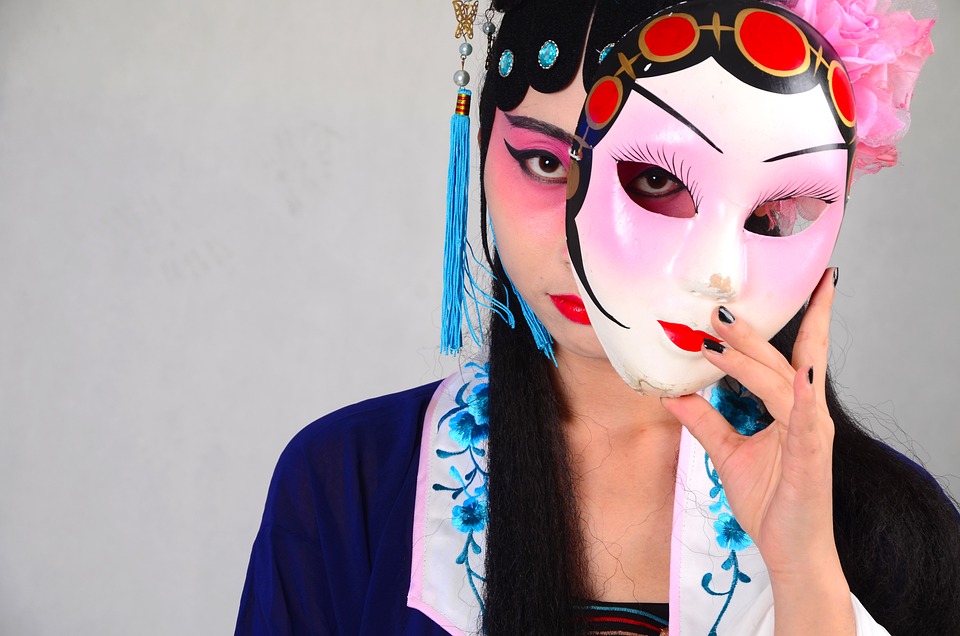Opera has long been revered as a timeless art form, with its powerful music and emotive storytelling captivating audiences for centuries. However, in recent years, a new wave of modern opera has emerged, pushing the boundaries of traditional narratives and conventions, opening up a world of innovation and exploration.
Gone are the days of predictable storylines centered around love, betrayal, and tragic deaths. Modern opera has taken the bold step of addressing relevant contemporary issues, tackling themes such as social justice, political unrest, and even mental health. These new narratives challenge the traditional notions of what constitutes an opera, engaging audiences in a completely different way.
One example of modern opera pushing boundaries can be seen in the works of composer Missy Mazzoli. Her opera “Breaking the Waves” is based on the acclaimed Lars von Trier film of the same name, which explores themes of sexuality, religion, and self-sacrifice. Mazzoli’s adaptation brings these themes to life with a haunting musical score that seamlessly blends classical and contemporary elements.
Another artist breaking boundaries in the opera world is composer David T. Little. His critically acclaimed opera “Dog Days” confronts the audience with a dystopian world set in a post-apocalyptic America. The opera explores themes of dehumanization, survival, and the horrors of war. Little’s use of avant-garde soundscapes and experimental vocal techniques challenges the conventions of traditional opera, creating a visceral experience for the audience.
Beyond the narratives themselves, modern opera also challenges conventions through its staging and visual elements. Productions now incorporate multimedia elements such as projected videos, elaborate set designs, and even virtual reality components. These elements enhance the overall experience, immersing the audience in a multi-sensory spectacle that pushes the boundaries of what opera can be.
This evolution of opera has not only attracted a new generation of theatergoers but has also revitalized the interest of longtime opera enthusiasts. By challenging traditional narratives and conventions, modern opera creates a space for dialogue and reflection on the complex issues confronting our society.
Furthermore, modern opera has also opened doors for diverse voices to be heard on the classical stage. Composers and librettists from marginalized communities are being given the opportunity to tell their stories, bringing fresh perspectives and challenging the Eurocentric dominance that has characterized opera for centuries.
However, it is important to note that not all traditional elements of opera are being discarded in this shift towards modernity. Many contemporary opera composers still draw inspiration from the classical roots of the art form, infusing their works with a sense of tradition while transforming them into something completely new.
Opera, in its modern iteration, challenges traditional narratives and conventions, daring to explore the complexities and issues of our time. By pushing boundaries, composers and librettists are expanding the possibilities of opera, inviting audiences into a world where art reflects and confronts the realities of the modern age. With each new creation, modern opera continues to captivate, challenge, and inspire in ways that were once unimaginable.

